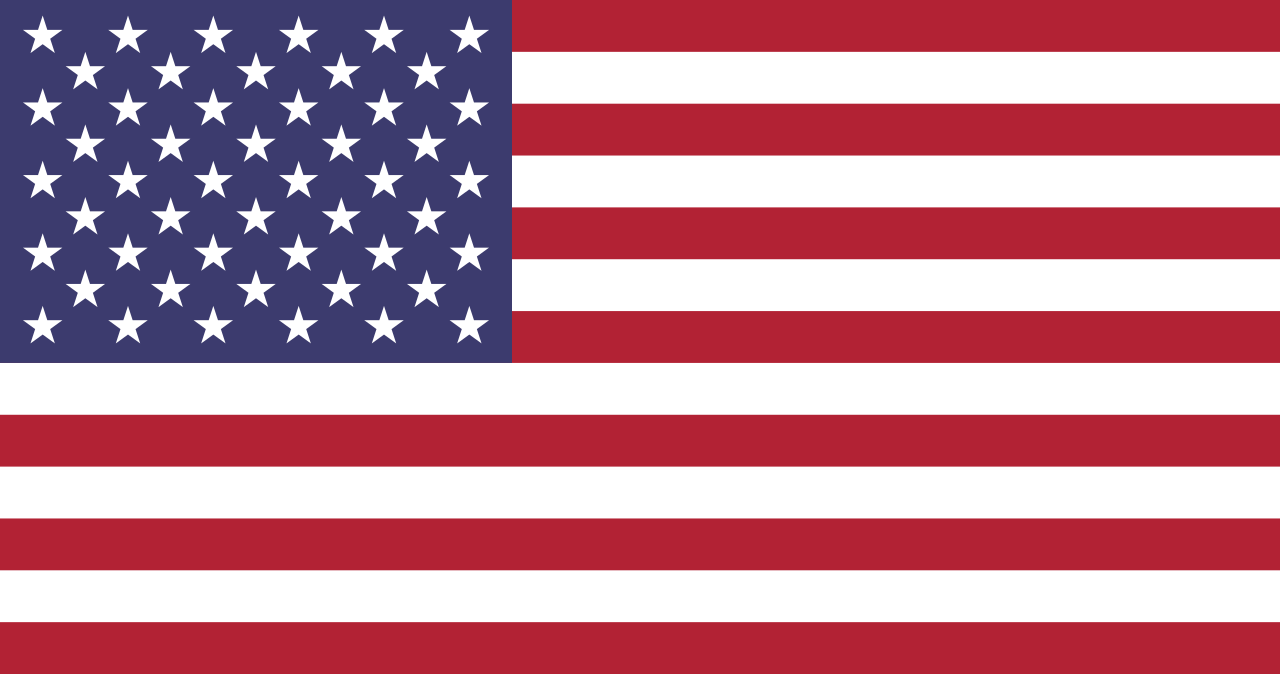The Glorious Cause: The American Revolution, 1763-1789 by Robert Middlekauff
As I hit upon the idea to expand my little project from reading a biography of every US President to also reading at least one work of history pertinent to the era in between each biography, I had the Oxford History of the United States series in mind from the outset. A multi-volume narrative history of the United States published by Oxford University Press, the series began, in 1982, with Middlekauff’s The Glorious Cause.
I have to say, I found it a bit of a slog. Middlekauff seems to go out of his way to write a history more focused on minutiae, sometimes fascinating but often tedious, than to outline the admittedly more conventional plot lines and characters of the Revolutionary era.
The Founders barely star here, as Middlekauff focuses instead on British MPs and Ministers, obscure colonial merchants and politicians, British generals, and folks of the “middling sort.” At times, this makes for invigorating reading as his chapters on Stamp Tax period rioting and mob violence demonstrate. Other times, as he delves deep into parliamentary gamesmanship and state-level colonial politicking, it becomes tedious.
Middlekauff fails as well to provide much-needed context for the events at hand and I found myself getting lost in myriad details without understanding much of why these details were important. If one were to enter into this as their introduction to the period, I imagine they would quickly find themselves confused or disoriented as to why events were taking place and how they fit into the overall narrative of the era.
I suppose this is one of the pitfalls of reading what is at heart an academic history, as a layman. Middlekauff dives deep into the correspondences, book-keeping and parliamentary records of the day, and I would imagine he's added a deeper understanding of the era for those that have entered into it as experts already, but for the more casual reader looking for a broad understanding of the events at hand (as opposed to unearthing previously obscure detail) it can be disorienting and difficult reading.
Once the first shots at Lexington are fired, nearly 300 pages into the book, Middlekauff naturally switches gears to the war itself and tactical accounts of the various skirmishes and major campaigns. Unfortunately, the descriptions of key battles are laid out in such a style as to make most of the particulars endlessly abstract. Rivers, streams, towns, fords, hills and fortifications are piled one on top of another in torrents and yet even after consulting the included maps, I found it difficult to picture the battle in my mind.
All in all, I found John Ferling’s Whirlwind to be a much better overview of the conflict for the general reader. Even if you’ve read deeply on the Revolution, I'm not sure if there’s a lot of additional insight to be gained here despite the obviously dense research, though I might make an exception for the excellent sections on mob violence and Middlekauff’s insight that provincial political squabbles and infighting drove much of the early domestic violence.
I’m hoping that Gordon Wood’s second volume in the Oxford history, Empire of Liberty, will renew my excitement for this series as I feel like it’s off to a lackluster start.
Nominated for a pulitzer prize


